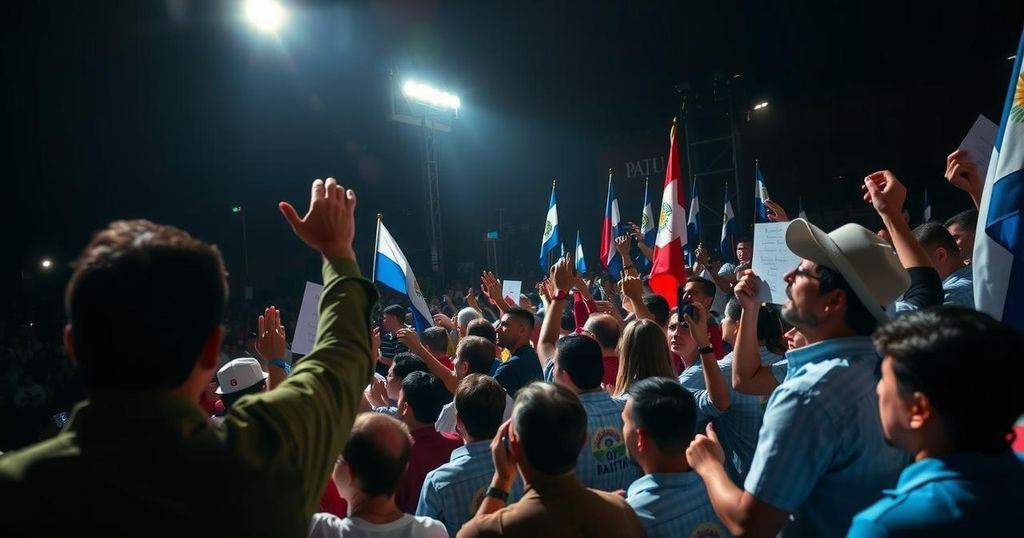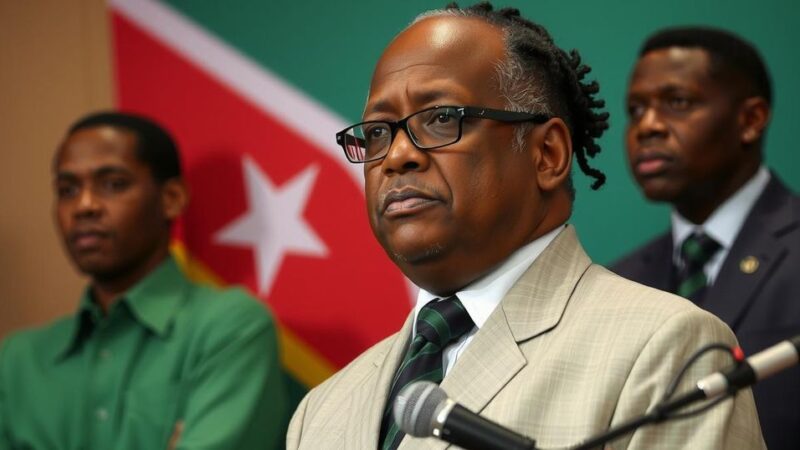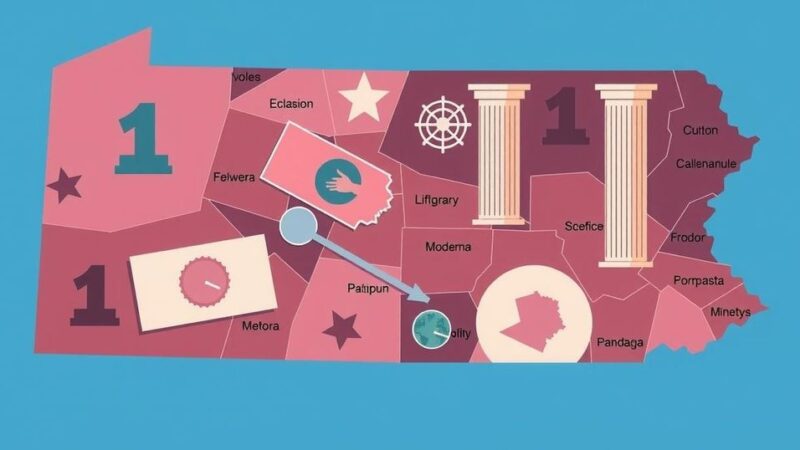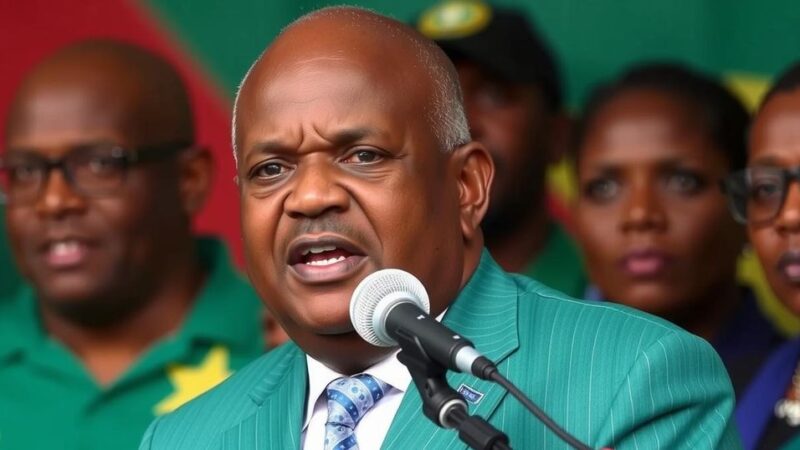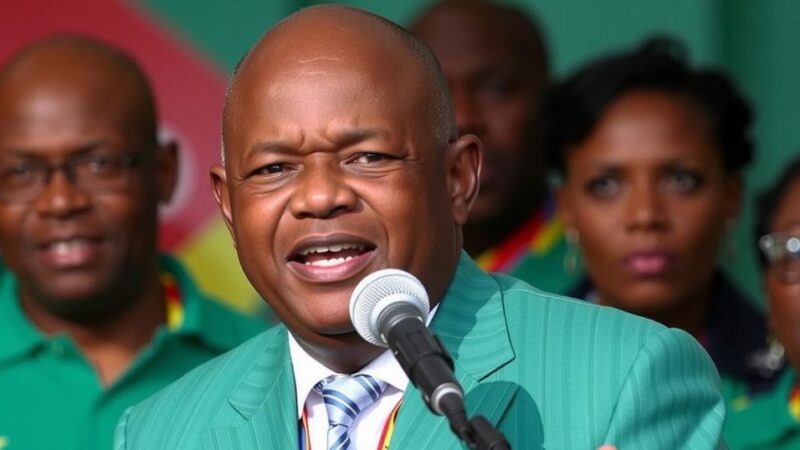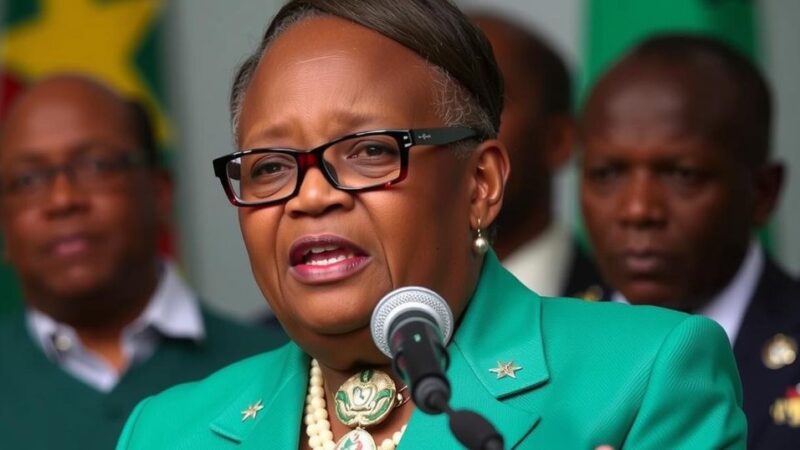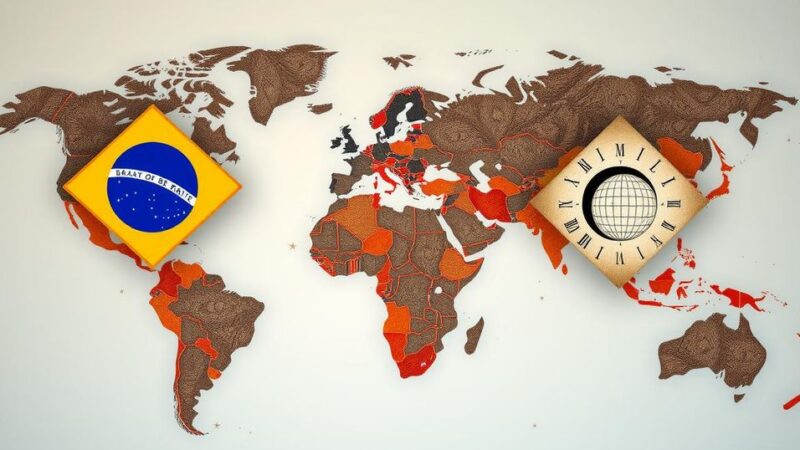Uruguayans will participate in a second round of voting for the presidency, with Álvaro Delgado and Yamandú Orsi in a neck-and-neck race. The Broad Front captured 44% in the first round, while Delgado’s National Party received 27%. Voter indecision prevails amid concerns over crime and economic policies, highlighting the election’s competitiveness and the candidates’ differentiated agendas.
Uruguay will hold a crucial presidential runoff election on Sunday, as citizens return to the polls to select their next leader. The race has become fiercely competitive between Álvaro Delgado of the conservative National Party and Yamandú Orsi of the leftist Broad Front coalition. Neither candidate achieved an outright majority in the initial round held on October 27, leading to this tightly contested situation. The Broad Front, which governed for 15 years prior to the current administration, captured 44% of the first-round votes, while Delgado’s party garnered 27%. Additionally, the coalition government’s other conservative parties contributed to Delgado’s overall support, making this runoff particularly significant.
Voter sentiment towards the candidates has been influenced by a surge in violent crime, which has unsettled a nation previously regarded as stable and secure. While Delgado seeks to continue the policies of the current President Luis Lacalle Pou, Orsi promises to introduce a new leftist approach to governance. Analysts note that the lack of extreme anti-establishment sentiment in Uruguay distinguishes it from other countries experiencing populist movements. Both candidates face challenges in mobilizing a significant voter turnout amid widespread indecision and apathy as they address fiscal matters without the divisive rhetoric seen elsewhere.
Uruguay’s political landscape is characterized by a historical shift in governance and major social policy reforms. The Broad Front coalition previously led the country for 15 years, initiating progressive changes such as the legalization of abortion, same-sex marriage, and cannabis sales. The recent election campaigns have unfolded against a backdrop of rising crime rates and economic conditions that are expected to remain positive, despite earlier corruption scandals affecting the incumbent’s party. Analysts suggest that the current election reflects Uruguay’s democratic stability, contrasting with more polarized political climates observed in other regions.
The upcoming presidential runoff presents a pivotal moment for Uruguay, as voters will determine the direction of the country amid pressing issues such as crime, economic growth, and social policy reforms. Both candidates represent distinct approaches to leadership, with Delgado focusing on continuity and Orsi advocating for a renewed leftist agenda. Given the tight nature of the race, the election outcome will likely hinge on the ability of each candidate to engage undecided voters and address prevailing public concerns.
Original Source: abcnews.go.com

